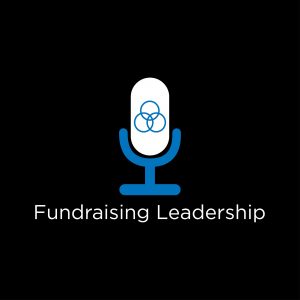
Forgiveness and Self-Forgiveness Discussion
Do you have a pain in your neck? Any chance it’s related to the practice of forgiveness?
In this episode, David and Margaret share their insights on the practice of forgiveness. They focus particularly on self-forgiveness. Drawing from his experience managing self-criticism, David reveals how forgiveness has been a transformative practice for him. And they observe that most people have a very narrow relationship with and understanding of forgiveness.
So, does forgiveness mean MORE than just letting other people off the hook?
They delve into the concept of how many of us have ‘collapsed’ past events that caused regret or pain. But forgiveness gives us a tool to ‘un-collapse’ those things.
They touch on the idea that forgiveness could provide relief from self-judgment and the inner critic, a struggle many of us can relate to.
Discussing Empathy and Forgiveness Distinctions
During the conversation, David and Margaret identify three distinctions: empathy, compassion, and forgiveness. When we don’t practice these ideas, and operate with more harshness than compassion, we often find ways to “stuff” down emotional pain.
Spoiler alert: their preference for stuffing down emotional pain involves chocolate chip cookies.
Forgiveness as a Self-Care Tool
David and Margaret highlight the practice of forgiveness as a powerful self-care tool and a means of letting go of negative emotions. They underscore that forgiveness is a process that involves empathy and compassion, or a willingness to feel another’s pain and to relieve suffering. It requires a “doing” and action to practice forgiveness.
Importantly, they emphasize that forgiveness does not necessarily involve forgetting or excusing the actions of others but rather allowing oneself to move on from past hurt. They also share the hopeful perspective that forgiveness can significantly benefit mental health and overall well-being. It has a lot of potential.
Forgiveness, Emotional Burdens, and Release
David shares a personal account of his father’s struggle with self-forgiveness and the ultimate impact it had on his health. The story touches on carrying emotional burdens, such as guilt or shame, and the need to release them. Margaret shares a personal account of her parenting experience, and how, when she revisited that episode, she found that she needed to forgive herself as much as her son.
Forgiveness Practice Creates Space for Love
Margaret emphasizes that the practice of forgiveness creates space in the heart and mind for love and for shedding negative emotions like bitterness and resentment.